Summer is just around the corner, and for many families, that means school’s out, schedules change, and outdoor fun begins. But with all the excitement of the season, it’s also a time when ear, nose, and throat issues tend to pop up—especially in kids.
At Plymouth ENT, we want to help your family enjoy a safe, healthy, and worry-free summer. Here are a few common ENT concerns that come up this time of year—and how you can prevent or manage them.
1. Swimmer’s Ear (Otitis Externa)
Between pools, lakes, and beach days, summer is prime time for swimmer’s ear—an infection of the outer ear canal caused by trapped water. It’s especially common in kids who spend hours swimming.
Tips to prevent it:
Dry ears thoroughly after swimming
Use ear drops designed to prevent infection (ask your ENT!)
Avoid swimming in untreated water
Don’t use cotton swabs in the ear, which can push bacteria further in
If your child complains of ear pain, itching, or drainage, give us a call—early treatment can prevent a more painful infection.
2. Summer Allergies
Just because spring is over doesn’t mean allergies go away. Pollen, grasses, mold, and even chlorine in pools can trigger symptoms like sneezing, nasal congestion, and itchy eyes.
If your child has seasonal allergies, now’s a great time to:
Check in about updated medications or nasal sprays
Use saline rinses to clear out allergens
Keep windows closed on high pollen days
Consider allergy testing if symptoms worsen
Our allergy specialists at Plymouth ENT can help create a personalized plan for your child.
3. Travel Troubles: Ear Pain and Air Pressure
Family vacations often mean flying—and for many kids, airplane ear pressure can cause discomfort or even temporary hearing changes.
To make flying easier:
Give kids something to chew or drink during takeoff and landing
Use earplugs designed for flying
Treat nasal congestion before flying with your ENT’s guidance
If your child experiences lingering ear pain or hearing changes after a flight, it may be a sign of fluid buildup or infection that needs evaluation.
4. Sleep and Snoring
Summer routines can get lax—and with later bedtimes and more screen time, some kids may experience sleep disruptions. But if your child snores loudly, sleeps restlessly, or seems overly tired during the day, it could be more than just a late night.
Tonsil or adenoid issues, allergies, or even pediatric sleep apnea can all impact sleep quality. If you notice persistent snoring or behavioral changes, let’s take a look.
